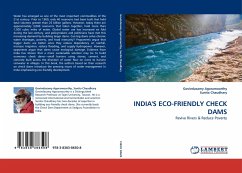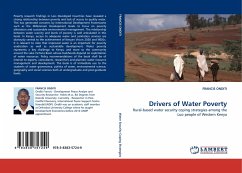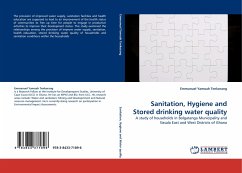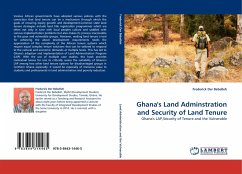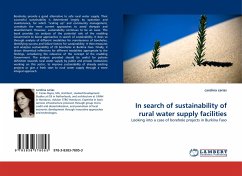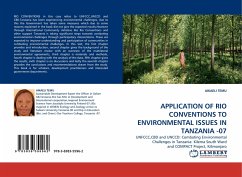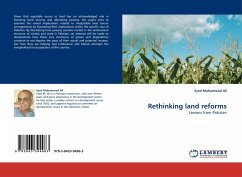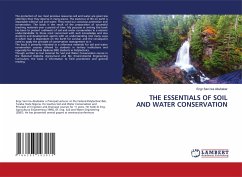Water has emerged as one of the most important commodities of the 21st century. Prior to 1900, only 40 reservoirs had been built that held total volumes greater than 25 billion gallons. However, today there are approximately 3,000 reservoirs that taken together, hold more than 1,500 cubic miles of water. Global water use has increased six fold during the last century, and policymakers and politicians have met this increasing demand by building larger dams. Can big dams solve chronic water shortages, poverty, and food insecurity? Proponents argue that bigger dams are better since they reduce dependency on rainfall, increase irrigation, reduce flooding, and supply hydropower. However, opponents argue that dams cause ecological damage. Evidence from India has shown that a more sustainable solution may be to build numerous check dams-small barriers using stones, cement, and concrete built across the direction of water flow on rivers to harvest rainwater in villages. In this book, theauthors based on their research on check dams introduce the pressing issues of water management in India emphasizing eco-friendly development.
Bitte wählen Sie Ihr Anliegen aus.
Rechnungen
Retourenschein anfordern
Bestellstatus
Storno

